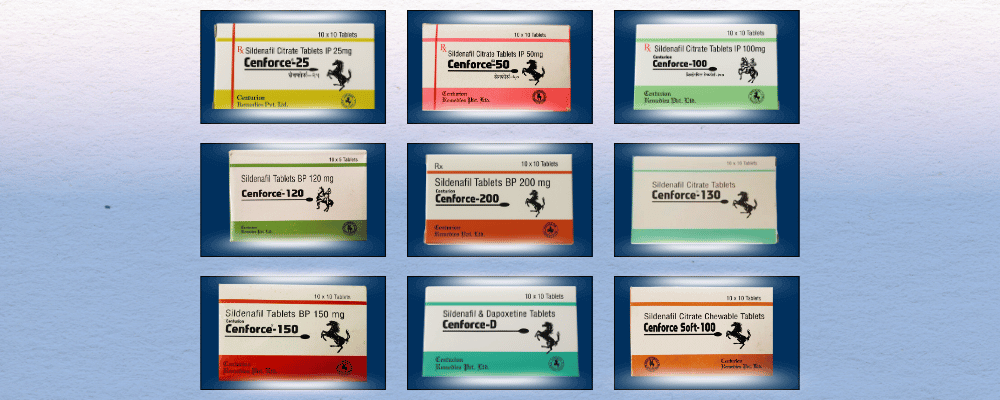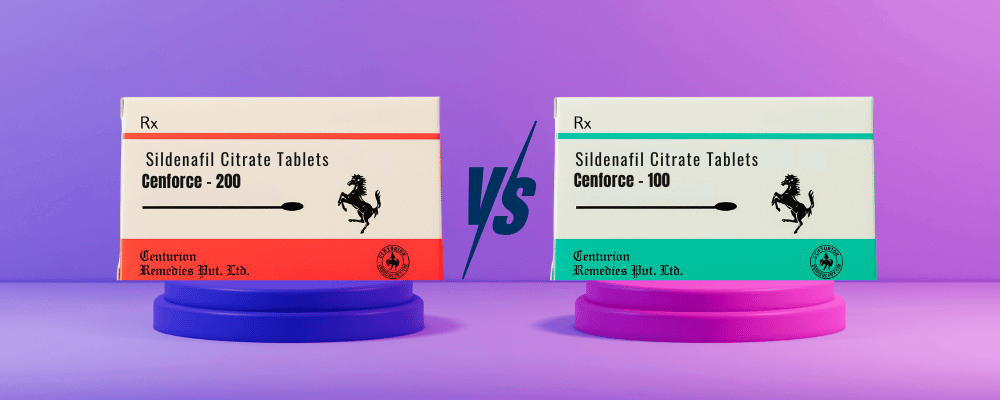The German Medicines Act (AMG) regulates the requirements for manufacturing, approving, dispensing, and importing medicines. Under certain circumstances, life-saving medications that are not approved or available in Germany for personal use can be imported for personal use.
Legal Framework
According to Section 73, Paragraph 2, of the AMG, the import of medicines not approved in Germany is permitted under certain conditions. This exception allows patients to access necessary medications that are not available domestically.
Rules for Importing Medicines
- Medications for Personal Use: The import must be for the importer’s personal use or for a specific patient. The medication must not be intended for resale or commercial distribution.
- Quantity limitation: The imported quantity must cover the usual personal needs and must not exceed a specified maximum. Generally, an amount of up to three months’ worth of therapeutic needs is permissible.
- Medical prescription and certificate: There must be a valid medical prescription or a medical certificate confirming that the medication is necessary for the patient’s treatment and that no suitable alternative is available in Germany.
- Source of Supply: The medication must be obtained from a pharmacy in a member state of the European Union or a contracting state of the Agreement on the European Economic Area. This ensures a certain level of safety regarding the quality of the medication.
Details on Section 73, Paragraph 2 of the AMG.
Section 73 AMG regulates the import of pharmaceuticals from abroad. According to Section 73, Paragraph 1, AMG, medicinal products may only be imported into Germany if the competent authority approves them or if a marketing authorization is in place. However, there are exceptions to this principle in Section 73, paragraph 2 AMG.
Specifically, Section 73, Paragraph 2, Number 6 AMG allows private individuals to import medicines for personal use without German approval, provided certain conditions are met.
Medical Certificate and Prescription
The medical certificate should contain detailed information, including:
- Name and date of birth of the patient
- Diagnosis and medical necessity of the medication
- Information about the medication (name, ingredients, and dosage)
- Explanation of why no alternative treatment option is available in Germany
- It is advisable to present the certificate in German or with a certified translation to avoid misunderstandings with the authorities.
Sources for the medication
The medication should come from trusted sources. Preferred are pharmacies within the EU or the European Economic Area. This ensures that the medication complies with European safety standards.
Customs checks and documentation
When importing, all required documents must be provided, including:
- Medical prescription or certificate
- Invoice or delivery note from the foreign pharmacy
- Proof of the necessity of the medication
Customs authorities may inspect the shipment and request additional information or documents. All documents must be easily accessible to avoid delays.
Restrictions and risks
Certain medications may be subject to restrictions, especially those that fall under the Narcotics Act (BtMG) or contain special active ingredients. The import of such medicines is generally prohibited or only possible under strict conditions.
Liability risks and responsibility
The import is at your own risk. In the event of side effects or damage, the manufacturer abroad may not be liable under German law. The patient is responsible for ensuring that all legal regulations are followed.
Recommendations for Patients
- Research: Thoroughly inform yourself about the required medication and its availability.
- Medical advice: Consult your doctor and obtain a detailed certificate.
- Official clarification: Contact the customs authorities or the Federal Institute for Drugs and Medical Devices (BfArM) for further information.
- Safe source: Ensure that the medication comes from a reputable pharmacy.
- Documentation: Prepare all necessary documents for customs clearance.
- Criminal consequences for violations: Violations of the Medicines Act can result in fines or imprisonment. This applies particularly to the importation of prohibited substances or quantities exceeding personal use.
Consultation with professionals
In the event of uncertainties, it is recommended to seek legal advice or consult an expert in pharmaceutical law to minimize potential risks.






